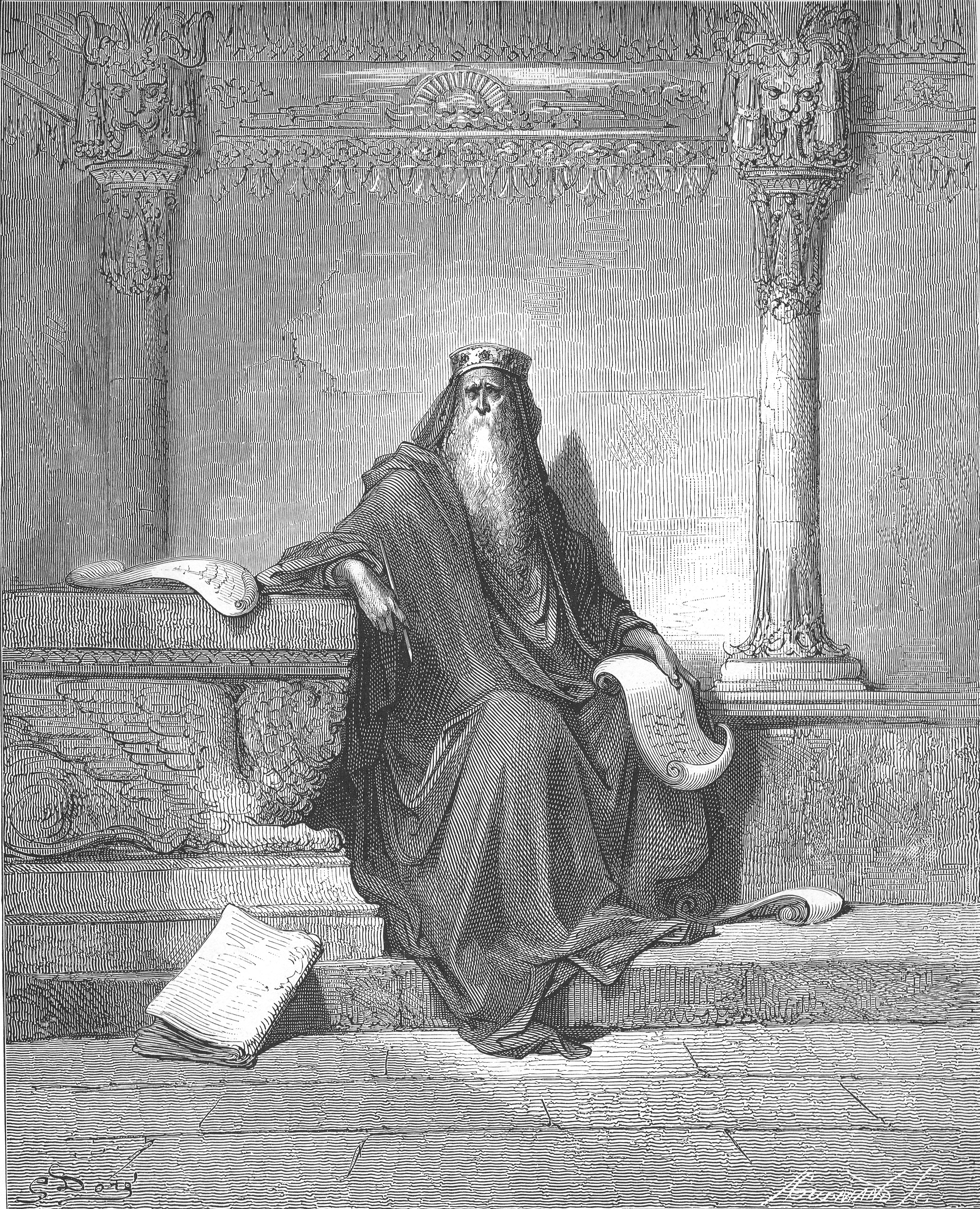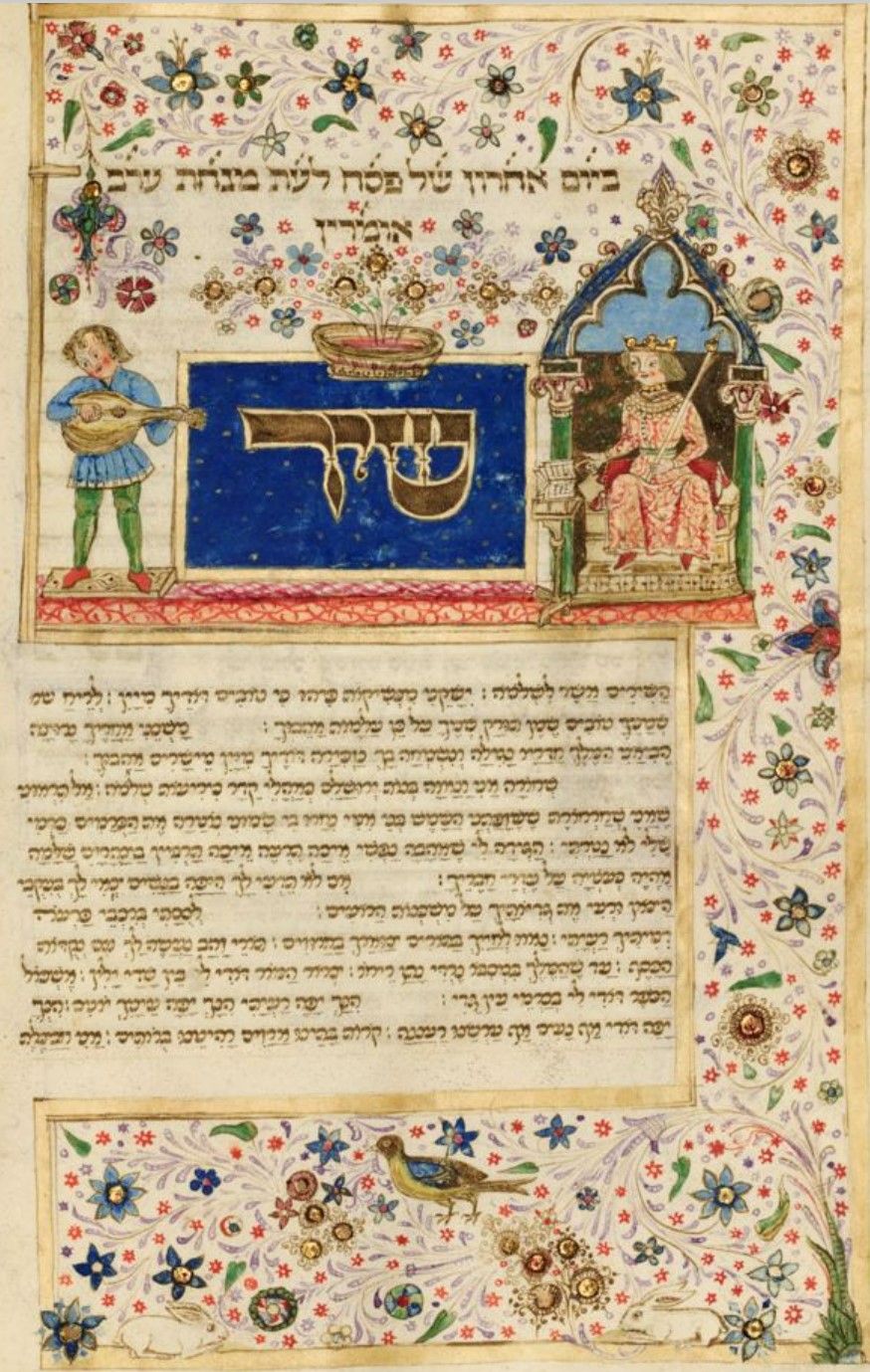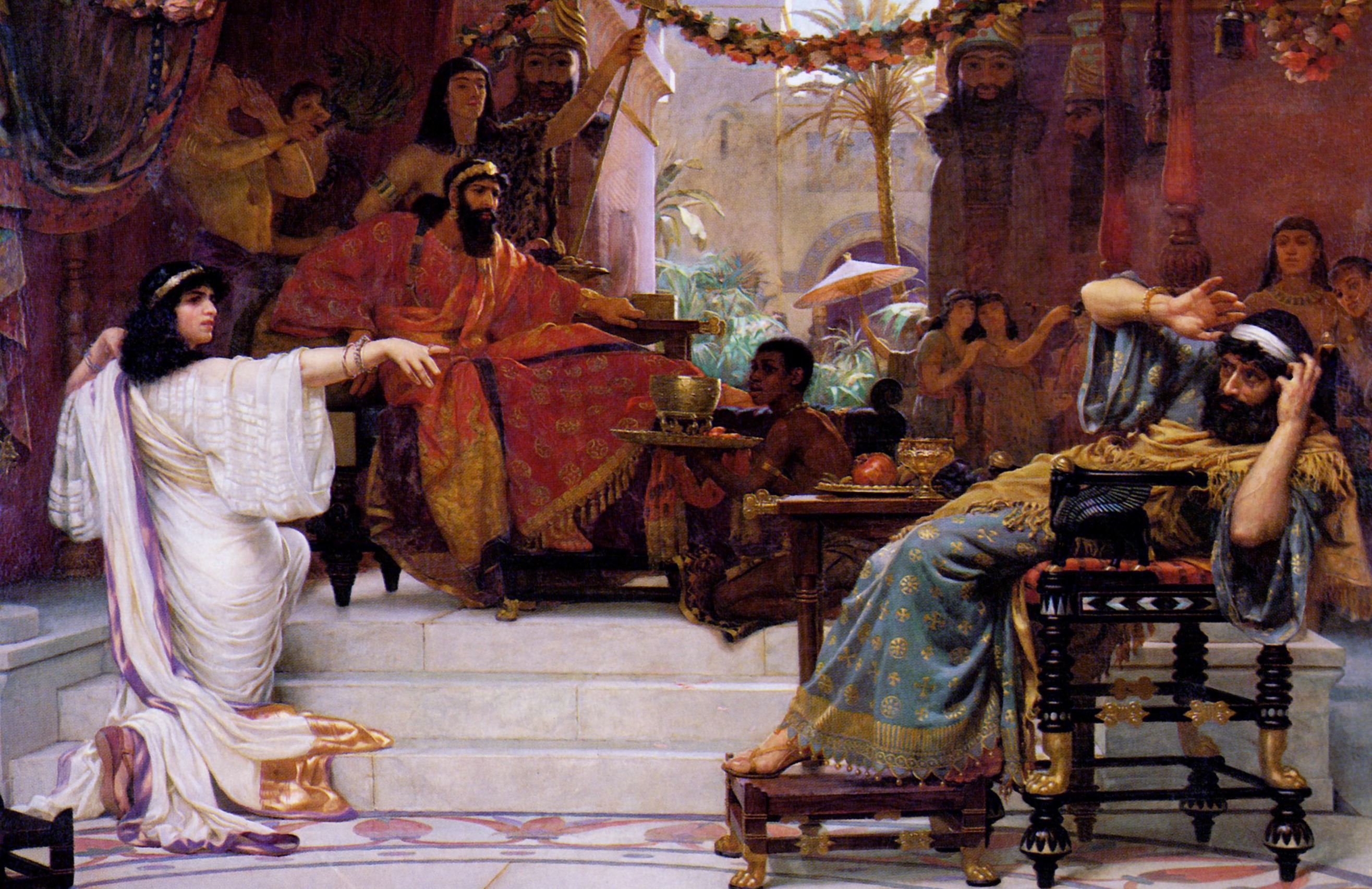|
Qere And Ketiv
Qere and Ketiv (from the Aramaic ''qere'' or ''q're'', , " hat isread"; ''ketiv'', or ''ketib'', ''kethib'', ''kethibh'', ''kethiv'', , " hat iswritten") refers to a system for marking differences between what is written in the consonantal text of the Hebrew Bible, as preserved by scribal tradition, and what is read. In such situations, the qere is the technical orthographic device used to indicate the pronunciation of the words in the Masoretic text of the Hebrew language scriptures (Tanakh), while the ketiv indicates their written form, as inherited from tradition. The word is often pointed and pronounced "kri" or "keri", reflecting the opinion that it is a passive participle rather than an imperative. This is reflected in the Ashkenazi pronunciation "keri uchsiv". The Masoretic tradition Torah scrolls for use in public reading in synagogues contain only the Hebrew language consonantal text, handed down by tradition (with only a very limited and ambiguous indication of vowel ... [...More Info...] [...Related Items...] OR: [Wikipedia] [Google] [Baidu] |
Aleppo Codex (Deut)
The Aleppo Codex () is a medieval bound manuscript of the Hebrew Bible. The codex was written in the city of Tiberias in the tenth century CE (circa 920) under the rule of the Abbasid Caliphate, and was endorsed for its accuracy by Maimonides. Together with the Leningrad Codex, it contains the Aaron ben Moses ben Asher Masoretic Text tradition. The codex was kept for five centuries in the Central Synagogue of Aleppo, until the synagogue was torched during 1947 anti-Jewish riots in Aleppo, anti-Jewish riots in 1947. The fate of the codex during the subsequent decade is unclear: when it resurfaced in Israel in 1958, roughly 40% of the manuscript—including the majority of the Torah section—was missing, and only two additional leaves have been recovered since then. The original supposition that the missing pages were destroyed in the synagogue fire has increasingly been challenged, fueling speculation that they survive in private hands. The portion of the codex that is accounte ... [...More Info...] [...Related Items...] OR: [Wikipedia] [Google] [Baidu] |
Book Of Lamentations
The Book of Lamentations (, , from its incipit meaning "how") is a collection of poetic laments for the destruction of Jerusalem in 586 BCE. In the Hebrew Bible, it appears in the Ketuvim ("Writings") as one of the Five Megillot ("Five Scrolls") alongside the Song of Songs, Book of Ruth, Ecclesiastes, and the Book of Esther. In the Christian Old Testament, it follows the Book of Jeremiah, for the prophet Jeremiah is traditionally understood to have been its author. By the mid-19th century, German scholars doubted Jeremiah's authorship, a view that has since become the prevailing scholarly consensus. Most scholars also agree that the Book of Lamentations was composed shortly after Jerusalem's fall in 586 BCE. Some motifs of a traditional Mesopotamian "city lament" are evident in the book, such as mourning the desertion of the city by God, its destruction, and the ultimate return of the deity; others "parallel the funeral dirge in which the bereaved bewails... and... addres ... [...More Info...] [...Related Items...] OR: [Wikipedia] [Google] [Baidu] |
Samuel
Samuel is a figure who, in the narratives of the Hebrew Bible, plays a key role in the transition from the biblical judges to the United Kingdom of Israel under Saul, and again in the monarchy's transition from Saul to David. He is venerated as a prophet in Judaism, Christianity, and Islam. In addition to his role in the Bible, Samuel is mentioned in Jewish rabbinical literature, in the Christian New Testament, and in the second chapter of the Quran (although the text does not mention him by name). He is also treated in the fifth through seventh books of '' Antiquities of the Jews'', written by the Jewish scholar Josephus in the first century. He is first called "the Seer" in 1 Samuel 9:9. Biblical account Family Samuel's mother was Hannah and his father was Elkanah. Elkanah lived at Ramathaim in the district of Zuph. His genealogy is also found in a pedigree of the Kohathites (1 Chronicles 6:3–15) and in that of Heman the Ezrahite, apparently his grandson (1 ... [...More Info...] [...Related Items...] OR: [Wikipedia] [Google] [Baidu] |
Book Of Judges
The Book of Judges is the seventh book of the Hebrew Bible and the Christian Old Testament. In the narrative of the Hebrew Bible, it covers the time between the conquest described in the Book of Joshua and the establishment of a kingdom in the Books of Samuel, during which Hebrew Bible judges, Biblical judges served as temporary leaders. The stories follow a consistent pattern: the people are unfaithful to Yahweh; he therefore delivers them into the hands of their enemies; the people repent and entreat Yahweh for mercy, which he sends in the form of a leader or champion; the judge delivers the Israelites from oppression and they prosper, but soon they fall again into unfaithfulness and the cycle is repeated. The pattern also expresses a repeating cycle of wars. But in the last verse (21:25) there is a hint that the cycle can be broken—with the establishment of a monarchy. While most contemporary critical scholars reject the historical accuracy of the Book of Judges, some arg ... [...More Info...] [...Related Items...] OR: [Wikipedia] [Google] [Baidu] |
Book Of Ruth
The Book of Ruth (, ''Megillath Ruth'', "the Scroll of Ruth", one of the Five Megillot) is included in the third division, or the Writings ( Ketuvim), of the Hebrew Bible. In most Christian canons it is treated as one of the historical books and placed between Judges and 1 Samuel. It narrates the story of Naomi and her daughter-in-law Ruth, who return to Bethlehem after the deaths of their husbands, where Ruth's loyalty to Naomi leads to her marriage to Boaz. Their son Obed becomes the grandfather of King David. Written in Hebrew during the Persian period (c. 550–330 BCE), the book is generally considered by scholars to be a work of historical fiction. Evangelical scholarship holds that the book is a historical short story. The book is held in esteem by Jewish converts, as is evidenced by the considerable presence of Boaz in rabbinic literature. It also functions liturgically, as it is read during the Jewish holiday of Shavuot ("Weeks"). Structure The boo ... [...More Info...] [...Related Items...] OR: [Wikipedia] [Google] [Baidu] |
Ecclesiastes
Ecclesiastes ( ) is one of the Ketuvim ('Writings') of the Hebrew Bible and part of the Wisdom literature of the Christian Old Testament. The title commonly used in English is a Latin transliteration of the Greek translation of the Hebrew word ( or ). An unnamed author introduces "The words of Kohelet, son of David, king in Jerusalem" (Ecclesiastes 1:1, 1:1) and does not use his own voice again until the final verses (12:9–14), where he gives his own thoughts and summarises the statements of Kohelet; the main body of the text is ascribed to Kohelet. Kohelet proclaims (1:2) "Vanity of vanities! All is futile!" The Hebrew word , 'vapor' or 'breath', can figuratively mean 'insubstantial', 'vain', 'futile', or 'meaningless'. In some versions, vanity is translated as 'meaningless' to avoid the confusion with the other definition of vanity. Given this, the next verse presents the basic existential question with which the rest of the book is concerned: "What profit can we show for a ... [...More Info...] [...Related Items...] OR: [Wikipedia] [Google] [Baidu] |
Song Of Songs
The Song of Songs (), also called the Canticle of Canticles or the Song of Solomon, is a Biblical poetry, biblical poem, one of the five ("scrolls") in the ('writings'), the last section of the Tanakh. Unlike other books in the Hebrew Bible, it is erotic poetry; lovers express passionate desire, exchange compliments, and invite one another to enjoy. The poem narrates an intense, poetic love story between a woman and her lover through a series of sensual dialogues, Dream, dreams, Metaphor, metaphors, and warnings to the “daughters of Jerusalem” not to awaken love before its time. Modern scholarship tends to hold that the lovers in the Song are unmarried, which accords with its ancient Near East context. The women of Jerusalem form a Greek chorus, chorus to the lovers, functioning as an audience whose participation in the lovers' erotic encounters facilitates the participation of the reader. Most scholars view the Song of Songs as erotic poetry celebrating human love, not di ... [...More Info...] [...Related Items...] OR: [Wikipedia] [Google] [Baidu] |
Esther
Esther (; ), originally Hadassah (; ), is the eponymous heroine of the Book of Esther in the Hebrew Bible. According to the biblical narrative, which is set in the Achaemenid Empire, the Persian king Ahasuerus falls in love with Esther and marries her. His grand vizier Haman is offended by Esther's cousin and guardian Mordecai because of his refusal to bow before him; bowing in front of another person was a prominent gesture of respect in Persian society, but deemed unacceptable by Mordecai, who believes that a Jew should only express submissiveness to God. Consequently, Haman plots to have all of Persia's Jews killed, and eventually convinces Ahasuerus to permit him to do so. However, Esther foils the plan by revealing and decrying Haman's plans to Ahasuerus, who then has Haman executed and grants permission to the Jews to take up arms against their enemies; Esther is hailed for her courage and for working to save the Jewish nation from eradication. The Book of Esther's st ... [...More Info...] [...Related Items...] OR: [Wikipedia] [Google] [Baidu] |
Deuteronomy
Deuteronomy (; ) is the fifth book of the Torah (in Judaism), where it is called () which makes it the fifth book of the Hebrew Bible and Christian Old Testament. Chapters 1–30 of the book consist of three sermons or speeches delivered to the Israelites by Moses on the Plains of Moab, shortly before they enter the Promised Land. The first sermon recounts the Moses#The years in the wilderness, forty years of wilderness wanderings which had led to that moment and ends with an exhortation to observe the law. The second sermon reminds the Israelites of the need to follow Yahweh and the laws (or teachings) he has given them, on which their possession of the land depends. The third sermon offers the comfort that, even should the nation of Israel prove unfaithful and so lose the land, with repentance all can be restored. The final four chapters (31–34) contain the Song of Moses, the Blessing of Moses, and the narratives recounting the passing of the mantle of leadership from Mose ... [...More Info...] [...Related Items...] OR: [Wikipedia] [Google] [Baidu] |
Book Of Genesis
The Book of Genesis (from Greek language, Greek ; ; ) is the first book of the Hebrew Bible and the Christian Old Testament. Its Hebrew name is the same as its incipit, first word, (In the beginning (phrase), 'In the beginning'). Genesis purports to be an account of the Genesis creation narrative, creation of the world, the early history of humanity, and the Jews#Origins, origins of the Jewish people. In Judaism, the theological importance of Genesis centers on the covenants linking God in Judaism, God to his chosen people and the people to the Promised Land. Genesis is part of the Torah or Pentateuch, the first five books of the Bible. Tradition credits Moses as the Torah's author. However, there is scholarly consensus that the Book of Genesis was composed several centuries later, after the Babylonian captivity, Babylonian Babylonian captivity, captivity, possibly in the fifth century BC. Based on the scientific interpretation of Archaeology, archaeological, Genetics, genetic, ... [...More Info...] [...Related Items...] OR: [Wikipedia] [Google] [Baidu] |








